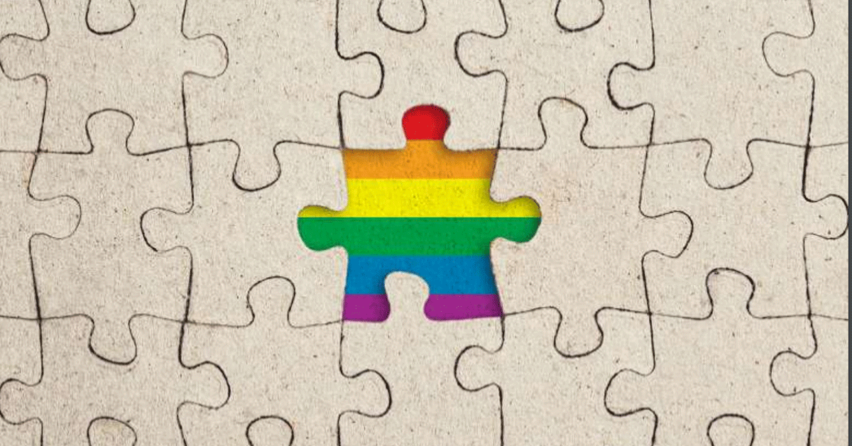Proud to Care: LGBT and Dementia (a Healthcare Guide)
A guide to support health and social care staff develop their practice in working with lesbian, gay, bisexual and transgender (LGBT) people with dementia.
Around 5–7% of the population are LGBT. That means that 5–7% (about 1 in 16) of the people your service works with are likely to be LGBT. However, in many health and care settings, LGBT people’s identities are often hidden, and this is perhaps even more likely in dementia care, where people may become less able to communicate what is important to them. This resource will help you consider why LGBT people may not be visible, the potential consequences for LGBT people you support, and ways to develop inclusive practice.
Being LGBT and having dementia can present additional difficulties and in the past this has not been widely talked about. This resource looks at the specific experiences that LGBT people affected by dementia may have and how best practice can be developed.
We know that those working in care are committed to ensuring that every person living with dementia, or caring for someone who is treated as an individual and that their care is person–centred. However, we also recognise that many people –including staff –may feel uncomfortable talking about minority sexual orientation and/or gender identity. This tool aims to support opening up those conversations so that all staff can help make people’s experiences of their services the best it can be.
We hope this toolkit can both raise awareness of LGBT experiences in dementia care and help health and social care services continue to develop best practice. The toolkit uses Scotland’s Health and Social Care Standards, ‘My support, my life’, which came into effect in April 2018, as a basis to help you think about best practice in relation to LGBT inclusion.
Download file
